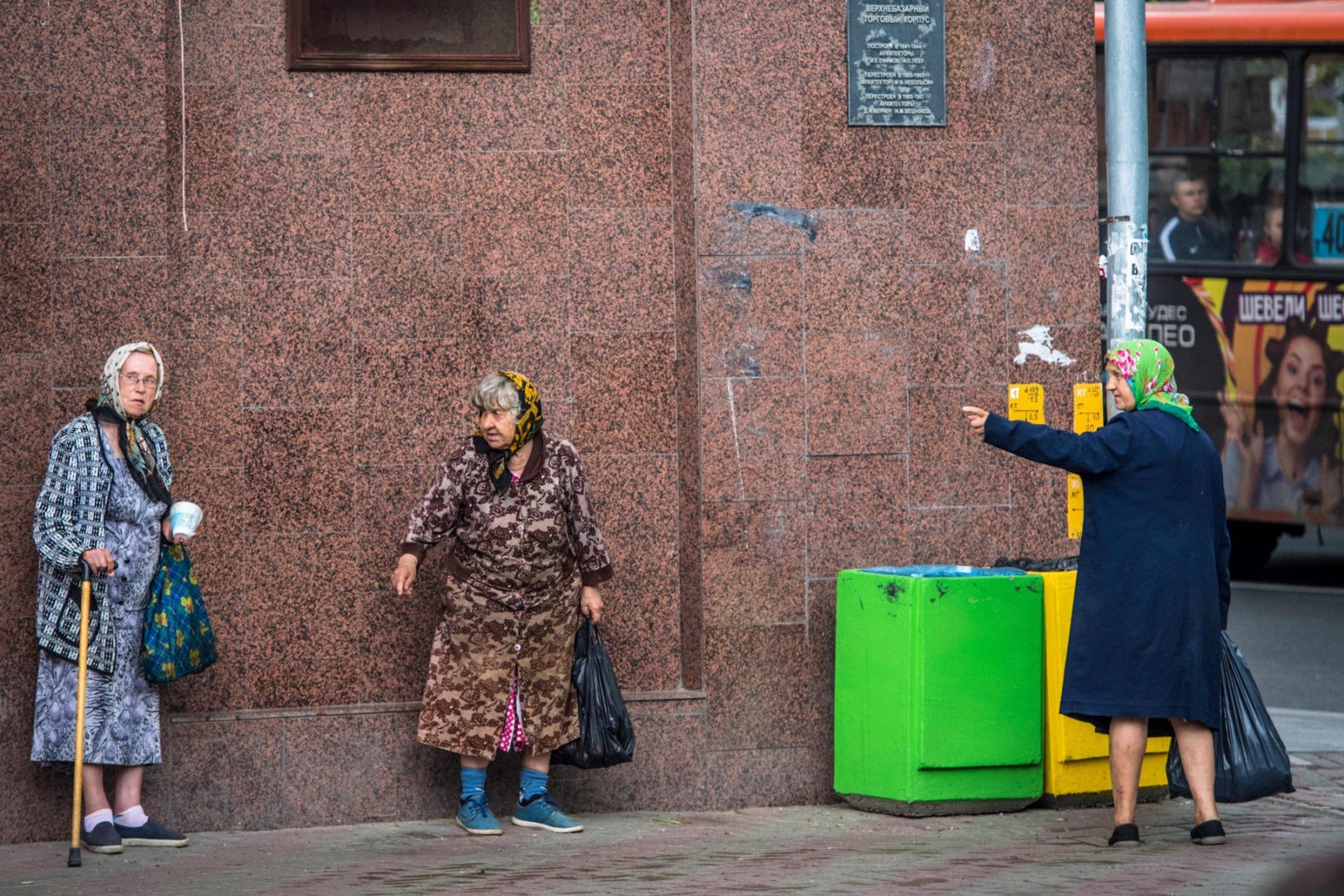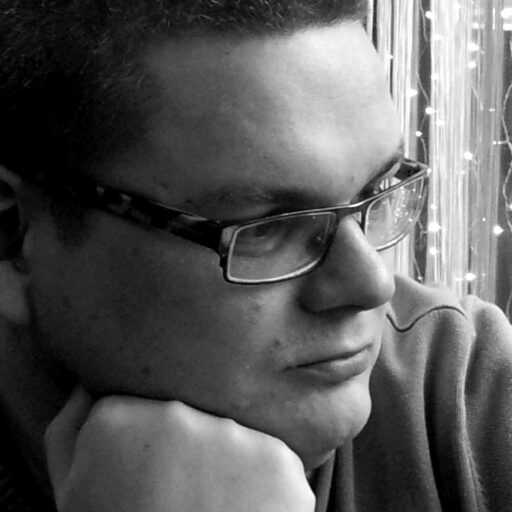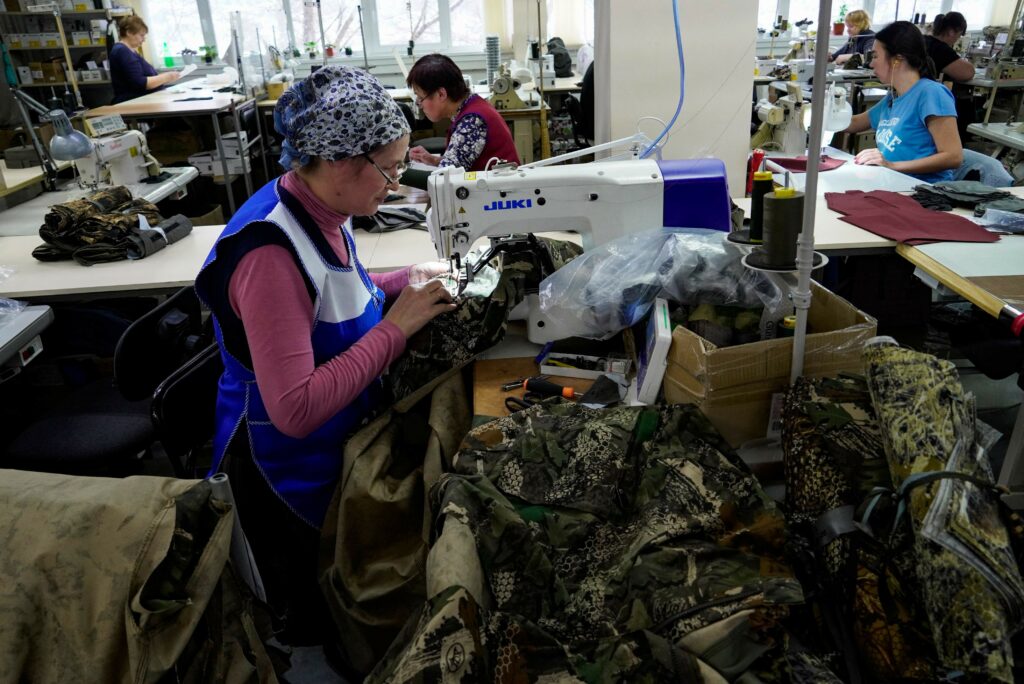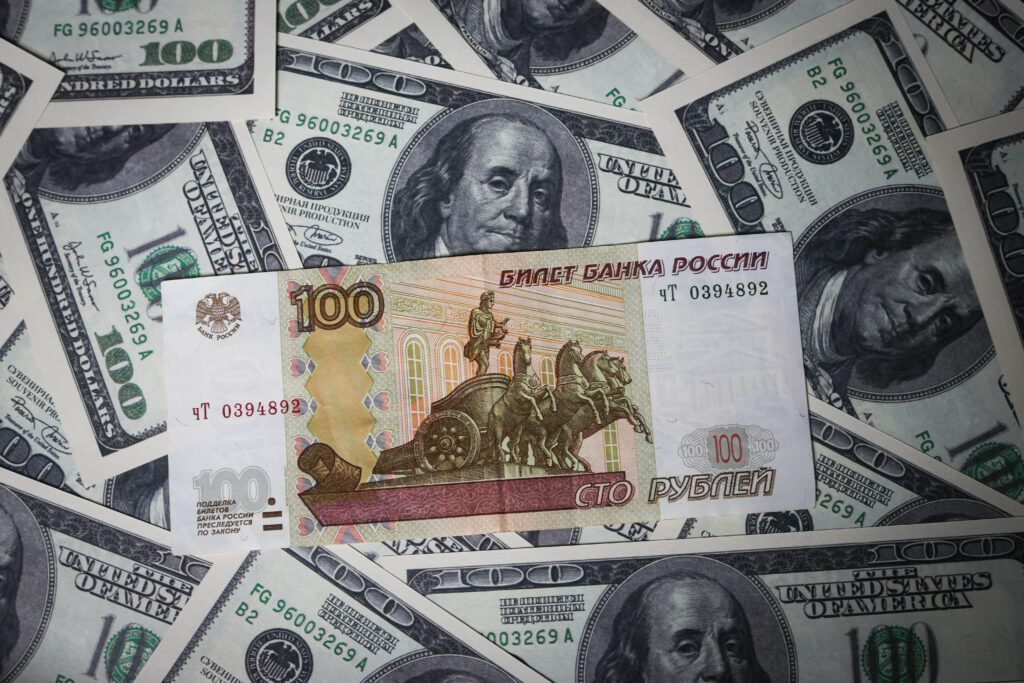The government’s pension reforms are one of a series of unpopular decisions pending. These are some of the bitter fruits of the Kremlin’s confrontation with the West, and they leave the government in a paradoxical position.
On the one hand, Vladimir Putin has just won yet another presidential election. There were no viable competitors. Putin did not unveil much of a program, so he has a formal right to almost any action. On the other, the authorities have nowhere to move. There is no money, as Russian Prime Minister Dmitry Medvedev rightly noted. It means these impening pension reforms have become a testing ground. How far can the government use propaganda to make an unpopular policy popular?
Right now, no one would argue that pension reforms are popular. Up to 80 % of Russians are against reform. And that is according to polling data from VTsIOM. (Hardly a the most independent of pollsters.) Little wonder that no one is keen to be seen as the driving force behind them.
The faceless authors of pension reform
The great Aristotle believed that some unpleasant animals are born without creators. They emerge from the dust and the dirt of their own accord. With pension reform in Russia, the same thing has happened. The reform has a lot of defenders, but the authors are never in sight. State and regional deputies, officials, TV presenters and even representatives of the church all agree: Raising the retirement age is an absolute blessing. But there is no person in power who would go out to the people and say – “Yes, and this is my decision.”
The silence from Putin is uncanny. His ultra-loyal electorate is ready to let him unleash almost anything. But Russia’s authoritarian leader is steering well clear. As his press-secretary Dmitry Peskov stressed, “the president is not involved in the pension reform”.
Sources close to the presidential administration and the government hint that in the end Putin will intervene. By autumn, Putin will decide to “work on reform.” He will slap the government on the wrist, then give Russians some minor concessions.
But this approach will not mitigate the situation so easily. It will be hard to convince the public that the president did not know anything about the preparation of this unpopular reform. After all, the government did not exactly originate from dust.
Yet neither the ruling party nor the government seek ownership. With this is in mind, leaders of United Russia held a recent private meeting. The aim was to explain to regional leaders how to react. The information about that closed meeting reached the press. One of the key points was “to avoid theses about the support or approval by the party of pension reform in any formulations.” An important and ironic point: Medvedev, both the leader of the United Russia, and the prime minister of Russia, attended the meeting. That is, the head of the government who was preparing the reform, also does not want to recognize the rights of paternity.
Zealous defenders
This strange “shyness” does not in the least prevent United Russia from cracking down on opportunists in the party ranks. For example, Mikhail Borovitsky, the head of the Yaroslavl branch of the United Russia, dared to doubt the meaningfulness of the reform. Borovitsky was immediately sacked.
After all, this reform may not have a father, but it has admirers. Lots of them. All explain why these reforms are necessary — and inevitable. There are arguments for every season: some rational, others idiotic and even mocking. (It is not easy to tell which is which.) One Orthodox priest explained that increasing the retirement age was cast upon Russians for their sins.
One of the leading state propagandists is Dmitry Kiselev. Live on air on his Vesti Nedeli program on Rossiya 1, he said that people should not be allowed to discuss this reform at all. It is, he noted, the preserve of experts and specialists.
Lawmakers are also using outlandish arguments to do with sin and atonement. United Russia deputy Yevgeny Fedorov believes that the reform is a punishment. What for? For those Russians who betrayed the USSR in its time, allowing it to collapse. The Ministry of Health explains that having the opportunity to work longer, will keep Russians in an optimistic mood for longer. At the same time, prolonged economic activity will keep men from drinking themselves to death. It will also, the ministry explains, keep women from getting depressed. Speaker of the State Duma Vyacheslav Volodin asserts that the reform is for raising the standard of living for pensioners.
Equally interesting are the presidential administration’s notes for hired bloggers. These were leaked online, and recommend special emphasis on how pension payouts will now gradually increase.
The cover-up World Cup
An honest debate over what made all these reforms necessary is impossible. That would prove too damning of the government’s track record. To mitigate the effect of political protests, pocket trade unions were given a green light to hold rallies. That sets the stage for ”constructive dialogue” between the authorities and the workers. An easy arena for Putin to be the conciliatory presence.
Real attempts to protest at the same time are restricted. Moscow City Hall clamped down on a procession planned for July 18th in the city center. It’s rationale? The city is hosting World Cup related events. But the World Cup will end on the 15th, not the 18th.
The World Cup is playing another part in easing the passage of pension reforms. Russians heard the news of retirement age increases on the opening day of the tournament. As Russia’s national team beat Saudi Arabia 5-0, the authorities revealed its plans. The calculation was that unpleasant news would be either sweetened or pass by unnoticed. But that did not work entirely. Independent media channels did pick this up. So did some Russian fans, who chanted “Pensions! Pensions!“ along with “Russia! Russia!”
The calculation did work, however, where the authorities did not expect. Bloggers and publicists known for their radical opposition views were angry at their less principled associates who allowed themselves to watch football. All the while, these bloggers claimed, the regime continued to plunder the country. This caused a fixation. Most dwelt on whether an honest person can cheer for the Russian national team. Equally, they asked if the World Cup fever that seized host cities is evidence of patriotic hysteria and militaristic frenzy. As a result, all the anti-pension reform protests that Navalny held in 39 cities on July 1st passed by without fanfare.
The latest scheme of how the regime seeks to win approval for unpopular economic measures is gradually emerging. Such measures will appear by themselves — as if by magic, out of nowhere. They will not be bound to representatives of the authorities, and especially — will have nothing to do with the president. Those measures will then be framed as justified, meaningful, and even supposedly useful to Russians. Then the authorities will distract the Russians, by any means possible, from discussing those measures in a thoughtful manner. (There is a problem here that a second World Cup won’t be held in Russia anytime soon.)
The growth of protest activity or its absence will be the most reliable criterion of success for the work of state propagandists.










